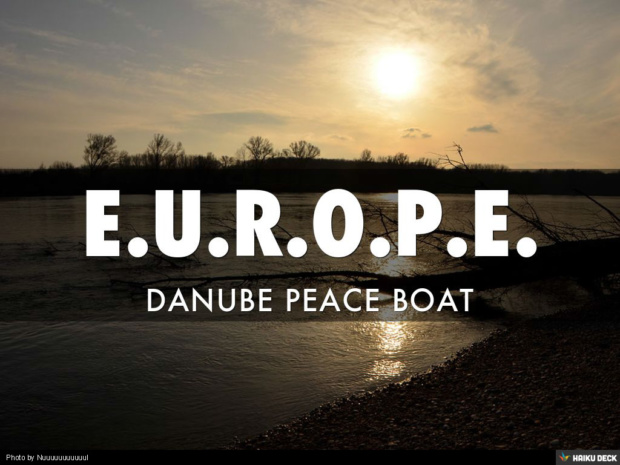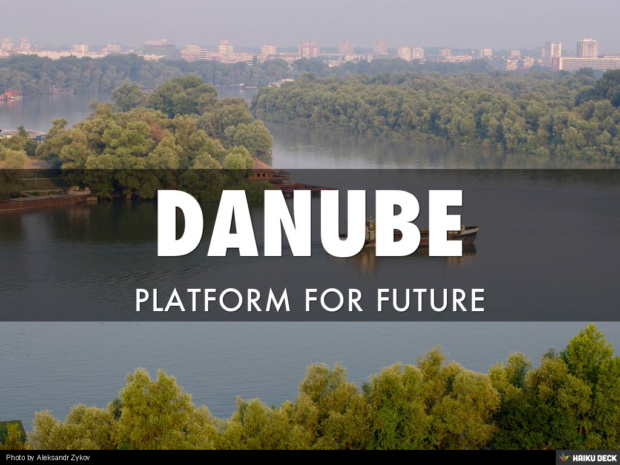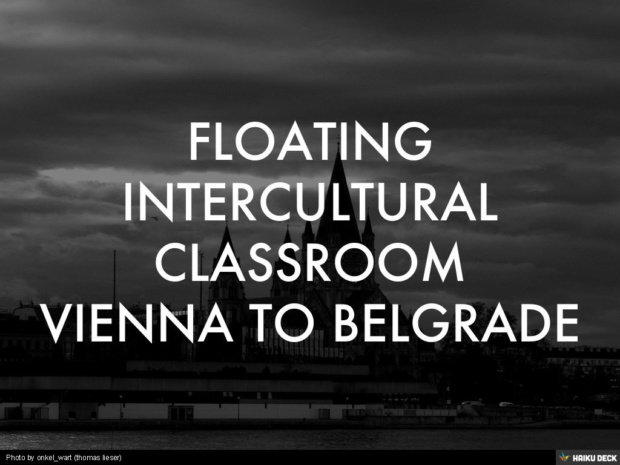Danube Peace Boat E.U.R.O.P.E. and TOURISM
Traveling, Source for Cultural and Educational Research!
Cultural Tourism: the heart of development policy!
 Danube Peace Boat E.U.R.O.P.E. is project ready to develop all elements important for Prosperity of the Danube Region: from Environment, Sustainable Sources of energy and Clean Water through Cultural tourism to New (International, Interactive, Intercultural, Innovative and Inclusive) Media Pedagogy with faster development of the Knowledge Society with Media, information and Peace Literacy and Intercultural Dialogue.
Danube Peace Boat E.U.R.O.P.E. is project ready to develop all elements important for Prosperity of the Danube Region: from Environment, Sustainable Sources of energy and Clean Water through Cultural tourism to New (International, Interactive, Intercultural, Innovative and Inclusive) Media Pedagogy with faster development of the Knowledge Society with Media, information and Peace Literacy and Intercultural Dialogue.
It is important that the destination planner takes into account the diverse definition of culture as the term is subjective. Satisfying tourists’ interests such as landscapes, seascapes, art, nature, traditions, ways of life and other products associated to them -which may be categorized cultural in the broadest sense of the word, is a prime consideration as it marks the initial phase of the development of a cultural destination.
The quality of service and destination, which doesn’t solely depend on the cultural heritage but more importantly to the cultural environment, can further be developed by setting controls and policies which shall govern the community and its stakeholders. It is therefore safe to say that the planner should be on the ball with the varying meaning of culture itself as this fuels the formulation of development policies that shall entail efficient planning and monitored growth.
“There is nothing better that connects two people’s mind than a good communication”!
The above quote could be used to describe the effect which cultural tourism has on people. Like a great conversation, travel could be said to play a vital role amongst people all over the world. It fosters communication in all its senses, intercultural dialogue and mutual understanding.
In today’s world it is evident that there is a shortage of moral or ethical values amongst people across the different nations in this world, resulting in a globalized world lacking these morals and ethical values. Ignorance, the failure to consider the needs of others, and selfishness are a few of the ways which hinder us from embracing diversity and a common human perspective, which would result informal empathy, internal moral compassion, tolerance of differences, historical consciousness and interpretation. The above mentioned features are intrinsic, inherent and can be found in the practice of new (creative, interactive and educational) model of tourism.
UNWTO (United Nations World Tourism Organization) Secretary-General Taleb Rifai was in Johannesburg, South Africa, on the World Symposium: “Legacy Project of the Cultivating Sustainable and Peaceful Communities and Nations Through Tourism, Culture and Sport” organized by international institute for Peace through Tourism, IIPT.
He said when speaking on Peace Through Tourism:
“The topic of this symposium is quite relevant. We only need to read the headlines every day to be reminded of how much we are in shortage of peace and peace buy flagyl 400 mg building. . .
“Tourism was created as a way to foster peace and understanding. No place is not visited and rights to travel cannot be denied. More than 1.1 billion people traveled in the last year, and that is a revolution into the “age of travel.” Ten million visit S. Africa in a year, and each of us is a potential ambassador of peace and we can help break down cultural barriers. Peace is at the heart of the UNWTO. The UN is built of social progress, peace and human rights, and UNWTO was put in place in 2003 to help build peace through tourism. Peace can inspire change. A more peace sensitive tourism sector can be built, by engaging and respecting local communities.
“We need to travel to learn and not condescend, and tourism must be considered at the community level. Local populations should be associated with tourism activities and share in the benefit of tourism.
“Tourism, culture and sports represent the most viable peace building and sustainable sectors, but also the most viable economically, surpassing the economy based on production. Amazing benefits are created by sports, for example, and tourism needs to be seen as a development tool.
“Three ways tourism can do this:
“1. Tourism builds respect and mutual understanding and sparks billions of encounters that are steps towards understanding. It builds our education and it can be peace sensitive and makes travelers global citizens.
“2. Tourism improves livelihoods and creates many jobs. It can help communities value their place in the world and what they have to offer. It can help people value their music, art, gastronomy, etc.
“3. Tourism leads to reconciliation within and between societies. It can open up peoples’ minds to other visitors. A great example is how FIFA in South Africa galvanized people together. If only all the wars in the world could be settled this way – with sports! Compete and hug each other after the game.
“1.8 billion people will be traveling by 2020. This is a good world, and we shouldn’t listen to the negative people that speak of such future terror. The IT revolution has also helped to bring us together – the world has never been better! We have never cared more about each other. For example, the kidnapping of the girls in Nigeria became a concern for all of us, as do tsunamis and wars wherever they are. We all care about these things, and we all wish to deliver a better world to our children than the one we started with. Tourism can help foster this.”


